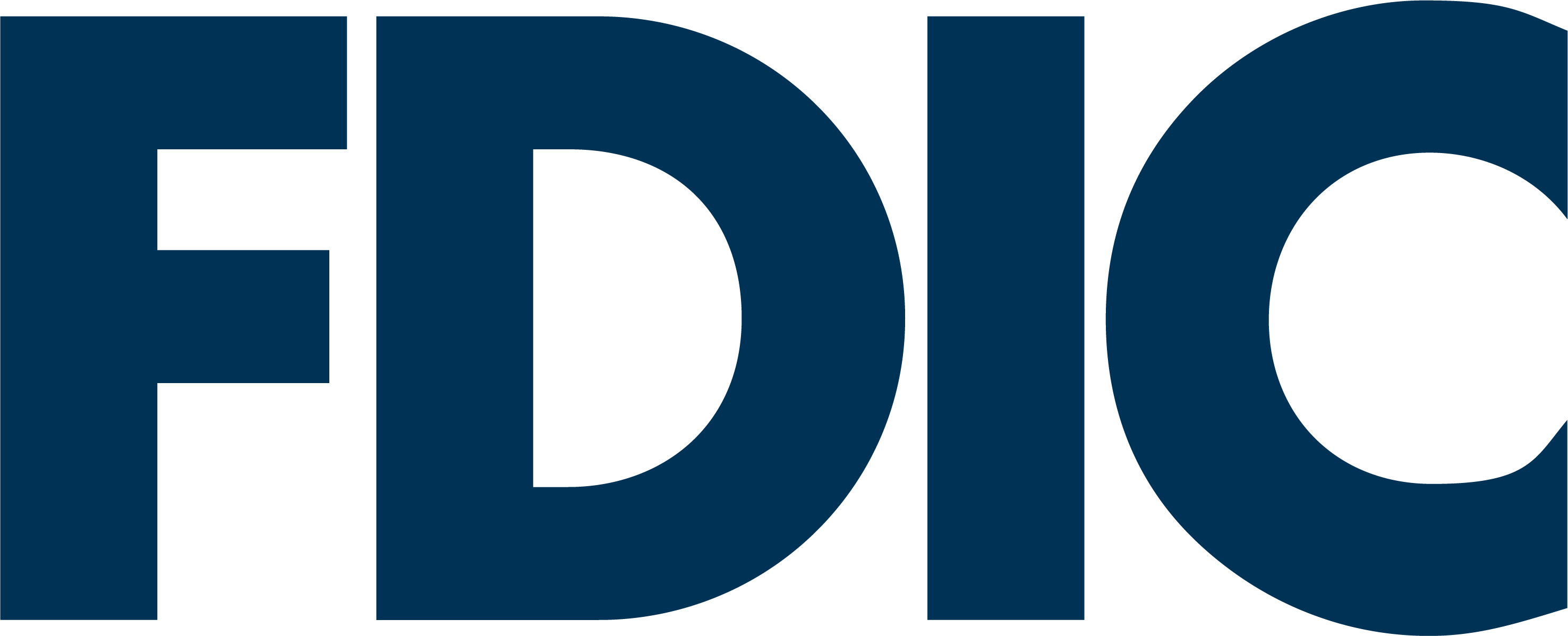How to know when refinancing is right for your loans.

| PROS | CONS |
|---|---|
Lower Interest RatesThe biggest reason—and typically the biggest advantage—to refinance is securing a loan at a lower interest rate. With all other variables constant (loan term and monthly payment), a lower interest rate usually means you will pay less interest back to your lender over the life of the loan. That’s more money in your pocket to pay off your debt—hooray!
|
May Cost More MoneyWhen looking to refinance based on a lower interest rate, it’s important to do the math. Often, if you’ve been in one loan contract for several years already, refinancing for a lower interest rate may actually end up costing you more money. It’s important to speak with your lender for all the details before deciding to refinance.
|
Change to Fixed-RateIf your current loan interest is variable (adjusts based on the market), you may want to consider refinancing to a fixed-rate loan if you believe rates will go up. This will keep you from paying more when interest rates rise, and it gives you more predictability with your finances long-term.
|
Less FlexibilityThe downside of a fixed-rate loan is just that—it’s fixed. On the chance that interest rates drop, you’ll be unable to take advantage without refinancing again. Be sure to learn about the typical interest rates in your market so you’ll know when to secure a low, fixed rate or when to wait for better rates to come back around.
|
Consolidate DebtIf you’re juggling multiple loan payments, consolidating them into a single loan can help you keep track of payments easier. This is especially appealing if you can find a low interest rate for the loan.
|
Refinancing FeesWhen refinancing loans, you may have to pay for operational costs, like applications and appraisal fees, among others. If you’re refinancing a home loan, these fees could translate into thousands of dollars.
|
Lower Monthly PaymentAnother big reason for refinancing is to procure lower monthly payments. This can free up cash for other needs in your monthly budget. Even if your interest rate remains constant, refinancing typically leads to a lower monthly payment.
|
Extended Loan TermIf your goal is to significantly reduce your monthly loan payments, that often means you’ll have a longer loan term. It will take longer to repay the loan when paying less per month. This can become burdensome to those hoping to completely eradicate debt since it restarts the loan clock.
|
No matter your reasons for refinancing, remember, math matters. Before choosing to refinance or choosing your loan type, calculate how much your loan repayment will cost when all is said and done. Each lending situation is unique and knowing what to look for can help you make the best decision for your financial wellness!













